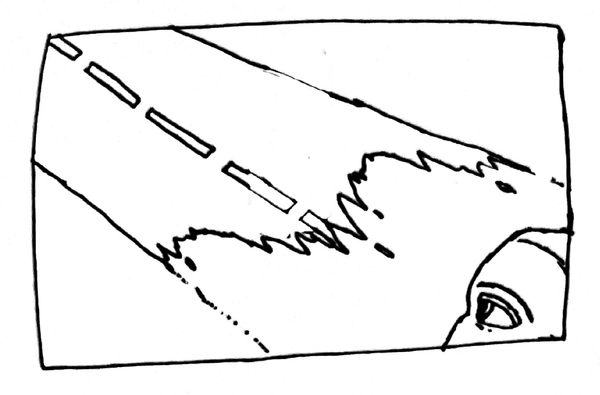In today’s cultural climate, pride in your nation’s past, affection for stable communities, intact families and, God forbid, the institution of marriage, are all invariably renounced by the great and the good as symptoms of the pathology of nostalgia. What might once have been a harmless indulgence is now rebranded as a political pathology. It is regressive, delusional, dangerous—and if populism’s electoral wins are anything to go by, spreading.
Baffled by these trends, cultural commentators reach for caricature in their struggles to comprehend them: “Spoiler alert: there never was a ‘good old days,’” sneers one such observer. Right-wingers, he continues, “have this image of some sort of sitcom-based 1950s, where men were men, women were women, and kids were endearing and mostly out of the way.”
Christopher Lasch, were he alive today, would not be surprised by this eagerness to skewer nostalgia. Back in 1984, he noted that “the notion of the ‘nostalgic American’ served liberals as an ideal whipping boy at a time when the intellectual foundations of liberalism were beginning to erode.” By the 1960s, he wrote, the denunciation of nostalgia had become “a liberal ritual.” The past, in this view, was morally suspect and symptomatic of backwardness. To be “nostalgic” was to be unserious, regressive, and unfit for the challenges of the modern world.
